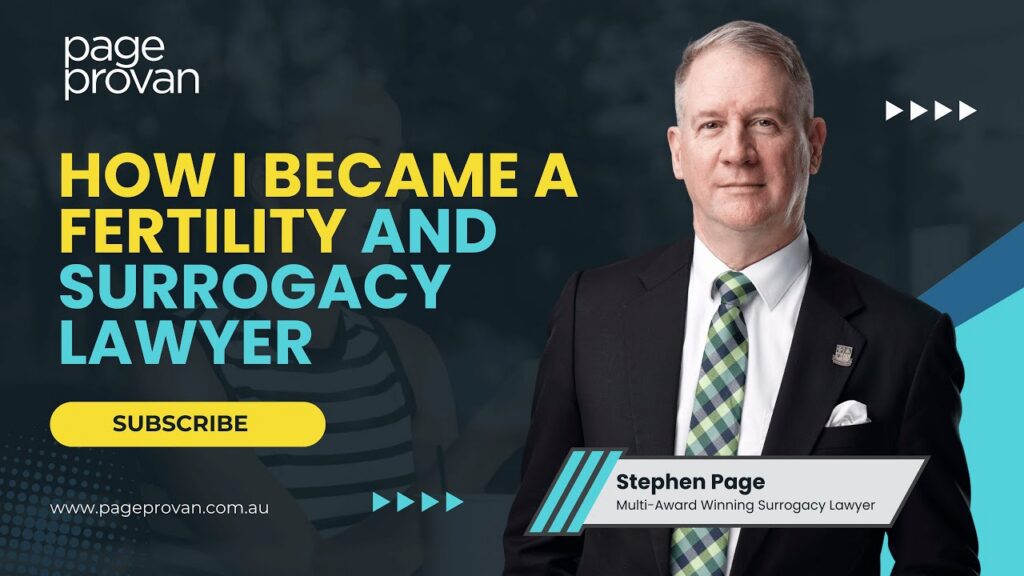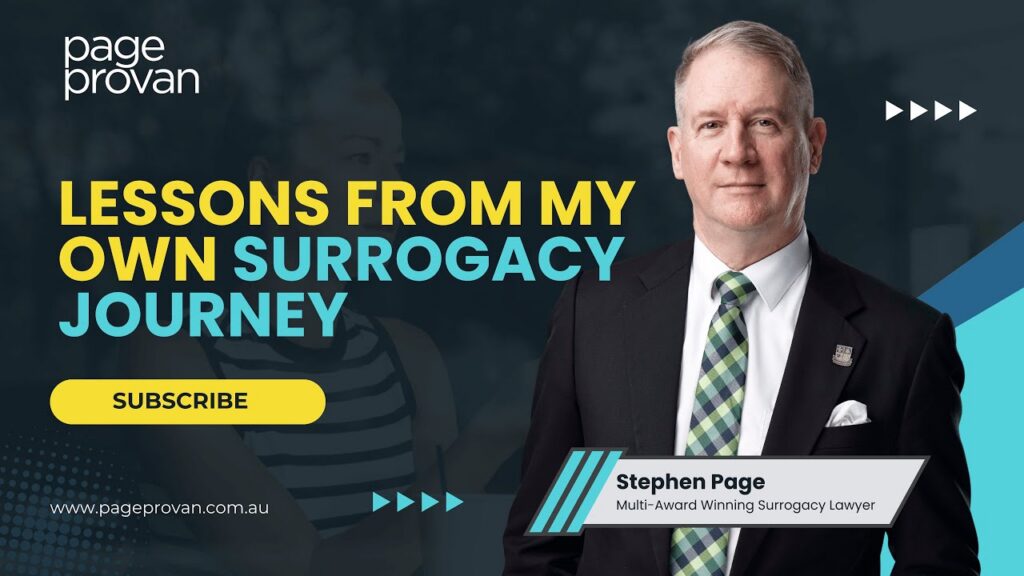The kidney divorce: how do you assess “property”? What are “contributions”?
The Family Court has told us time and time again that under the Family Law Act there is a four step regime to assessing property settlement:
- identify and value the net property and financial resources of the parties
- assess and weigh up the financial and non-financial contributions of each of the parties
- consider any future factors under section 75(2) of the Family Law Act, then
- come up with a result that is fair (or just and equitable, to use the jargon).
It’s in that context that we have the bizarre case of Richard and Dawnell Batista from New York. Dawnell is a nurse who has accused her husband, Richard of domestic violence. It appears that Dawnell had kidney disease. When her donated kidney stopped working, Dawnell received another.
Her version is…
That her sister donated it. But wait on- that failed- so he donated it.
His version is…
That he donated it.
And he wants…
US$1.5 million in compensation because the kidney:
- was an item of “property”;
- the chance of success in the donation was 1 in 700,000;
- its “value” had been assessed by an “expert”;
- if he had not donated the kidney then his wife would have died, and therefore it was a substantial contribution by him;
- and if he can’t get the money, in theory he wants the kidney returned!
Imagine that if the judge does find that the husband did contribute the kidney- is it property? Clearly it would be a non-financial contribution, but what weight would be given to that contribution? Can a kidney be valued as the expert is alleged to have said?
And to top it all off…
Unlike Australia, where section 121 of the Family Law Act prevents identification of the parties in court proceedings, the parties and their lawyers are filmed leaving the court. The lawyers for each of the parties have plenty to say why their client is right (and the other client is wrong).
To see the video of what the lawyers say, click here.












